by Felipe Araujo Follow @felipethejourno
In an old basement deep in the heart of the Fatih district in Istanbul, Syrian women gather around a table making jewellery.
When I visited the place on a rainy Friday afternoon, the hustle and bustle of this city of 14 million suddenly disappeared, giving way to memories of Aleppo and Damascus. Down here, Arabic is the predominant language. The women, although not related, show a level of familiarity created by the bonds human beings so often form when confronted with overwhelming circumstances.
The Drop Earrings Not Bombs range being produced today is aimed at raising funds and generating income for Syrians living in Turkey’s second city. The initiative is run by Small Projects Istanbul, a grassroots organisation that provides language training, community projects and scholarships to those displaced by the conflict.
For the women here, though, this is not just about making a living in a city they all bemoan is “very expensive.” For them this space is also a way to reminisce about the past— a past which has been erased.
“When I come here it’s like I’m back in Syria,” said Sawsan, a mother of four who arrived in Fatih in December.
While they work with their heads down, patiently twisting the metal into the pieces which will hopefully be bought by tourists seeking to take a bit of Turkey back home with them, their children run about the place — seemingly happy but not oblivious to what is happening. “Of course they know what is going on,” I was told. “Every child here is older than their age.”
As Syria’s civil war rages on, Fatih — only 750 miles away from the Syrian-Turkish border — has become known as Istanbul’s “little Syria.” Here, the more than 1000 Syrian families who have recently settled in the area can buy the foods they used to have back home at a number of grocery stores now catering to their tastes and eat at restaurants and cafes that serve traditional Syrian food. Even local estate agents have started to advertise properties in Arabic.
I was offered chai as soon as I walked in — nothing gets done in Turkey without tea first. But when it came to having their picture taken or speaking to me on the record most of the women refused. After some negotiation and assurances, though, they relented.
“Just no pictures of faces, please. Assad has eyes and ears everywhere,” one of them said half-jokingly.

The man who teaches them how to make the earrings is a refugee himself. Mahmoud Tabsho used to have a thriving silver design shop in Aleppo until he was forced to close his doors for good in May 2012. The business had been in the family for almost 100 years.
“When the conflict started in Syria the first industry to suffer was tourism,” Mahmoud said. “People just stopped coming into my shop so I was forced to come looking for work in Turkey.”
During his time here, Mahmoud has held a number of jobs, and as his financial situation improved his family started to join him — first his wife and kids, then his parents and siblings. “This is Istanbul; life here is very expensive,” he said. “Without a job it’s very difficult.”
Mahmoud has been unemployed since earlier this year. The earrings now provide him with a much needed — albeit unsteady — income. “I’m usually here Mondays and Fridays but this week, because there are no orders, business is a bit slow.”
Everyone in this room has lost someone to the war, and even though all sides involved in the conflict have been accused of atrocities against civilians, those I spoke to kept using a specific word to describe the embattled Syrian president, Bashar Al-Assad: “monster.”
“When the protests first started in 2011 we were just asking for a few things, not for the changing of the government,” Mahmoud said. “But when Assad started killing everyday people — people like my cousin, people like my father — that’s when we knew he had to go.”
Sawsan’s story is a typical tale of how life was thrown upside down soon after locals in the city of Deraa took to the streets to protest at the arrest — and reported killing — of 15 schoolchildren who wrote anti-government graffiti on a wall.
A housewife, she and her family used to have a tranquil, middle-class life in Alkadam, a well known anti-Assad enclave just outside Damascus. When their house was bombed by government air strikes they fled to the capital, where for a while they lived with relatives. Danger, though, kept lurking around.
“Our life in Damascus became very difficult. There were checkpoints everywhere in the city and because the government knew that people from Alkadam were against Assad they kept following us,” she said.
Sawsan’s husband, a lawyer, was picked up by government forces on three occasions. On the third he never returned.
“They tortured and killed him. His death was what made me decide to leave Syria and come to Istanbul with my kids.”
In spite of the much trumpeted tales of Syrians jumping on packed boats with hopes of reaching European shores, not everyone I spoke to had dreams of heading west. Some, like Sawsan, are happy to stay and try to prosper in Turkey, where they can live and raise their kids as conservative Muslims without the added pressure of having to adapt to “Western values.”
“The West is the West, you know? It would be very hard for us to make that change.”
Life in Istanbul is tough, though. Her 16-year-old son is not in school. Instead, he works at a restaurant in the city centre, putting in 12-hour shifts, seven days a week. His daily pay: $3.45.
Other women also told me about unscrupulous employers taking advantage of Syrians who are not legally allowed to work and don’t speak the language. “Turkish employers know they can do it and nothing will happen to them,” Sawsan said. “If a Turkish worker makes 1,200 liras, a Syrian will only earn 800. It’s hard, but we have no choice.”
Lobana, Lodmella and Enas, on the other hand, want to leave Turkey as soon as possible. The three sisters, all in their 20s, fled Aleppo with their parents when the so-called Islamic State came into their neighbourhood. </div
They too once had a cushy life in Syria’s second city. “It was a very good life,” L0bana, the eldest, said. “We had everything we needed, I was a teacher at the University of Aleppo. The three of us all have degrees in computer engineering. My whole family is educated.”
Their commitment to academia is such that even while Aleppo was being bombarded, the family decided to stay put until the youngest, Enas, completed her degree.
“There was no point in leaving, otherwise she would have to start all over again.”
For now, the modest income provided by Small Projects Istanbul’s craft collective is the one certain thing in their lives. But they have bigger ambitions.
“We want to go to Germany,” Lobana said. “Our parents studied in Germany for their PH.D. when they were younger — we want to do the same. In Germany I think it will be easier for us to work and study.”
For someone who lives in London and has read and heard the anti-immigration rhetoric spat out by politicians and the media, I was surprised at how oblivious people here were to the commotion generated by their eminent arrival.
To what is going to sound like music to the ears of those on the right of the refugee issue, no one I spoke to seemed to harbour any dreams of getting a free house or living on government allowances if they ever reach Northern European soil.
“I’m not familiar with it, no,” Lobana responded blankly when I mentioned the welfare system in many of richest European nations.
What they seemed anxious to do was to put their skills and knowledge to good use so they can send their kids to school and hopefully one day return to their homeland.
“When the problems finish in Syria all the people here in Turkey will go back,” Mahmoud said firmly. “Those left in Turkey will be the ones who will start to make a new Syria.”
For people like Sawsan, however, returning home remains impossible while Assad is still in power.
“They killed the father of my kids. I want peace but for me life in Syria again is only possible if the regime is gone.”
Until that day comes, this basement, a world away from Istanbul’s opulent buildings, will be their way of keeping a little bit of the country they left behind alive — a country that no longer exists.
All work published on Media Diversified is the intellectual property of its writers. Please do not reproduce, republish or repost any content from this site without express written permission from Media Diversified. For further information, please see our reposting guidelines.
 Felipe Araujo is a freelance news journalist based in London. He spent five years at CNN International and covered the 2014 World Cup in Brazil for Germany’s public broadcaster ZDF. He writes about race and minority issues, sports and culture. Twitter: @felipethejourno
Felipe Araujo is a freelance news journalist based in London. He spent five years at CNN International and covered the 2014 World Cup in Brazil for Germany’s public broadcaster ZDF. He writes about race and minority issues, sports and culture. Twitter: @felipethejourno
If you enjoyed reading this article, help us continue to provide more! Media Diversified is 100% reader-funded – you can subscribe for as little as £5 per month here
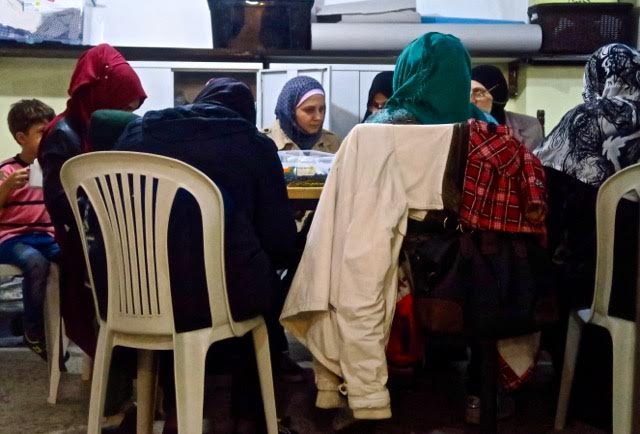








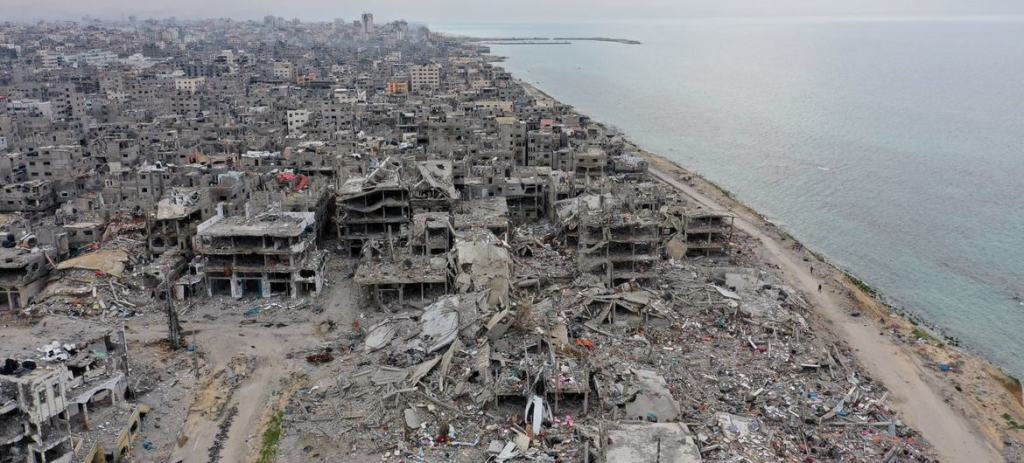
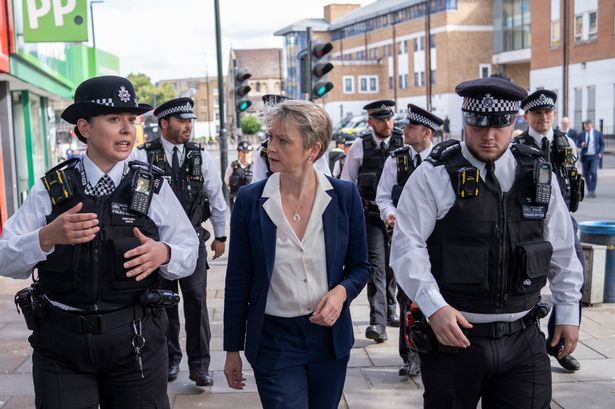
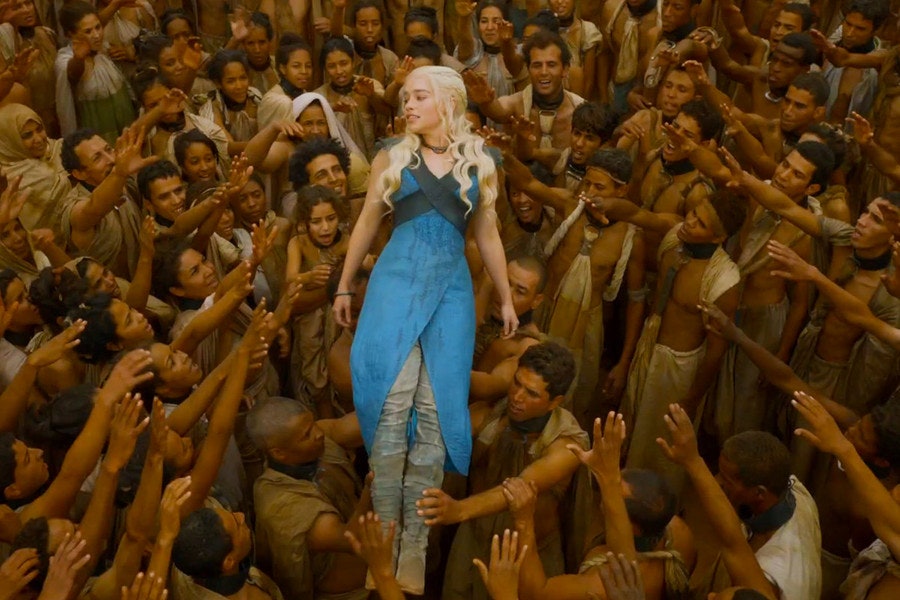
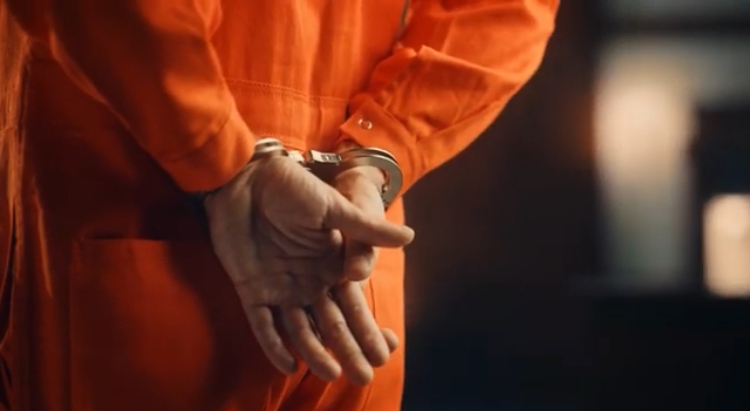
Leave a comment